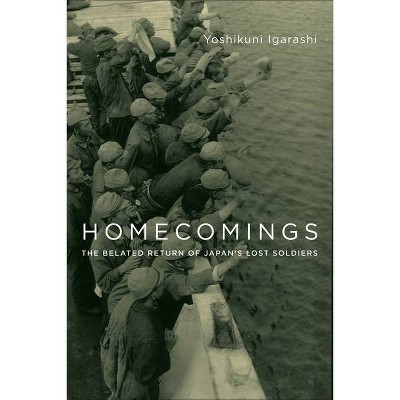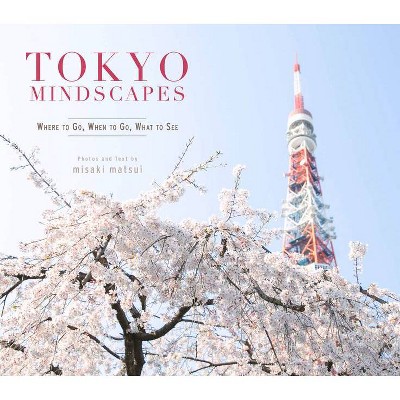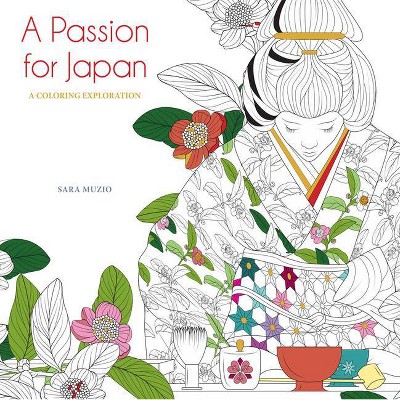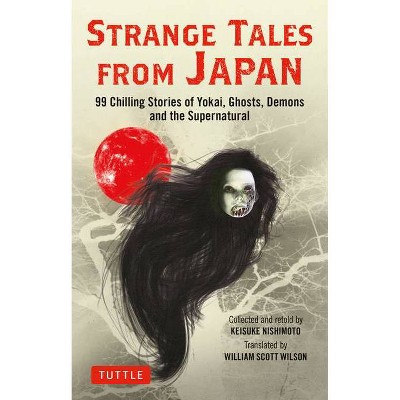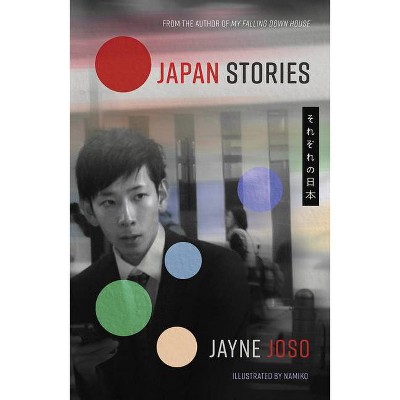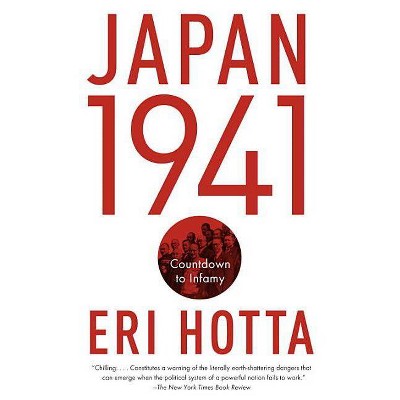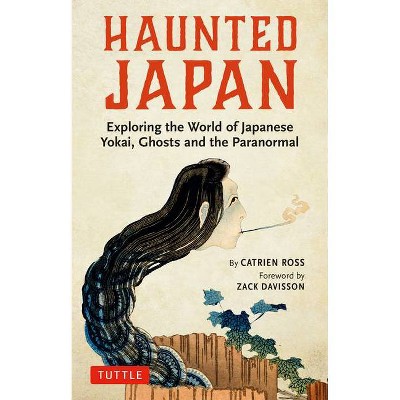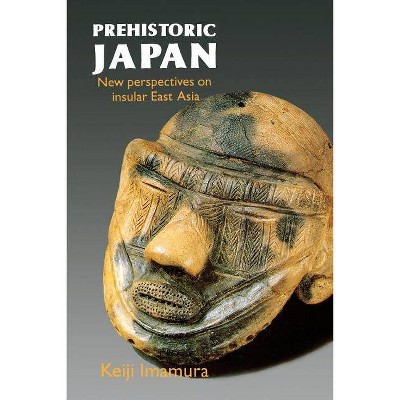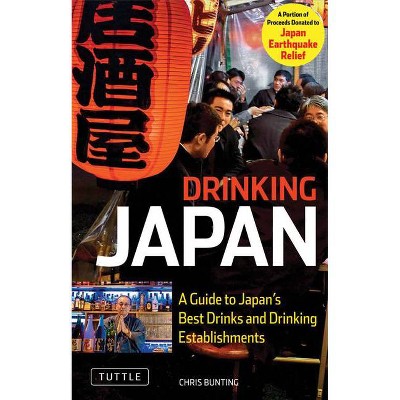Japan, 1972 - by Yoshikuni Igarashi (Paperback)
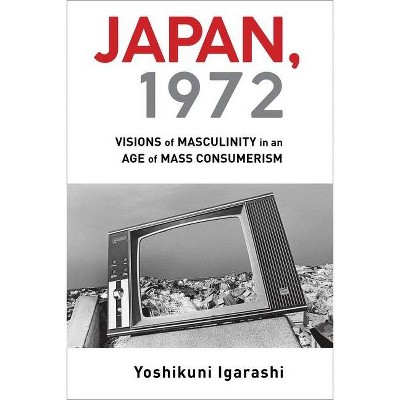
Similar Products
Products of same category from the store
AllProduct info
<p/><br></br><p><b> About the Book </b></p></br></br><i>Japan, 1972 </i>takes an early-seventies year as a vantage point for understanding how Japanese society came to terms with cultural change. Yoshikuni Igarashi examines a broad selection of popular film, television, manga, and other media, exposing the underpinnings of mass culture and investigating deeper anxieties over agency and masculinity.<p/><br></br><p><b> Book Synopsis </b></p></br></br>By the early 1970s, Japan had become an affluent consumer society, riding a growing economy to widely shared prosperity. In the aftermath of the fiery political activism of 1968, the country settled down to the realization that consumer culture had taken a firm grip on Japanese society. <i>Japan, 1972</i> takes an early-seventies year as a vantage point for understanding how Japanese society came to terms with cultural change. <p/>Yoshikuni Igarashi examines a broad selection of popular film, television, manga, and other media in order to analyze the ways Japanese culture grappled with this economic shift. He exposes the political underpinnings of mass culture and investigates deeper anxieties over questions of agency and masculinity. Igarashi underscores how the male-dominated culture industry strove to defend masculine identity by looking for an escape from the high-growth economy. He reads a range of cultural works that reveal perceptions of imperiled Japanese masculinity through depictions of heroes' doomed struggles against what were seen as the stifling and feminizing effects of consumerism. Ranging from manga travelogues to war stories, yakuza films to New Left radicalism, <i>Japan, 1972</i> sheds new light on a period of profound socioeconomic change and the counternarratives of masculinity that emerged to manage it.<p/><br></br><p><b> Review Quotes </b></p></br></br><br>Igarashi's long-awaited book on consumerist Japan circa 1972 toggles between the broad view and the minute detail with great creativity and insight. The resulting highly textured work spotlights the intimate relationship between consumption and selves in postwar Japan. Importantly, this book changes the way we see and think--of then, but also now.--Christine R. Yano, author of <i>Pink Globalization: Hello Kitty's Trek Across the Pacific</i><br><br>An evocative and incisive history of how profoundly the high-growth economy transformed postwar Japanese society and culture. <i>Japan, 1972</i> vividly captures feelings of loss, resistance, and disillusionment in a moment of cultural reckoning with the inescapability of mass consumerism.--Eiko Maruko Siniawer, author of <i>Waste: Consuming Postwar Japan</i><br><br>On the premise that Japanese society underwent a radical transformation in the early 1970s--toward the end of high growth but before the oil shock--Igarashi dives deeply into popular culture to show how mass consumerism affected everything from gender identity to hopes for the future.--Carol Gluck, Columbia University<br><br>Yoshikuni Igarashi retells the story of 1970s Japan in a startling new way, focusing on the rise of images of masculinity that were both a reaction against the supposed feminization of consumer culture and a product of the new media forms that saturated everyday life. His eminently readable analysis takes us on a fascinating tour of the novel visual cultures that ruled the day--television documentaries, yakuza films, and sports manga, among others.--Michael Bourdaghs, author of <i>Sayonara Amerika, Sayonara Nippon: A Geopolitical Prehistory of J-Pop</i><br><br>Igarashi pioneers a new paradigm for understanding the shift in cultural consciousness brought on by the spread of television. This book will interest scholars of all levels, from advanced undergraduates to senior scholars interested in modern Japanese history, cultural studies, social movements, media studies, and popular culture.--James Dorsey, author of <i>Critical Aesthetics: Kobayashi Hideo, Modernity, and Wartime Japan</i><br><p/><br></br><p><b> About the Author </b></p></br></br>Yoshikuni Igarashi is professor of history at Vanderbilt University. He is the author of <i>Bodies of Memory: Narratives of War in Postwar Japanese Culture, 1945-1970</i> (2000) and <i>Homecomings: The Belated Return of Japan's Lost Soldiers</i> (Columbia, 2016).
Price History
Cheapest price in the interval: 35.49 on October 22, 2021
Most expensive price in the interval: 35.49 on November 8, 2021
Price Archive shows prices from various stores, lets you see history and find the cheapest. There is no actual sale on the website. For all support, inquiry and suggestion messagescommunication@pricearchive.us
